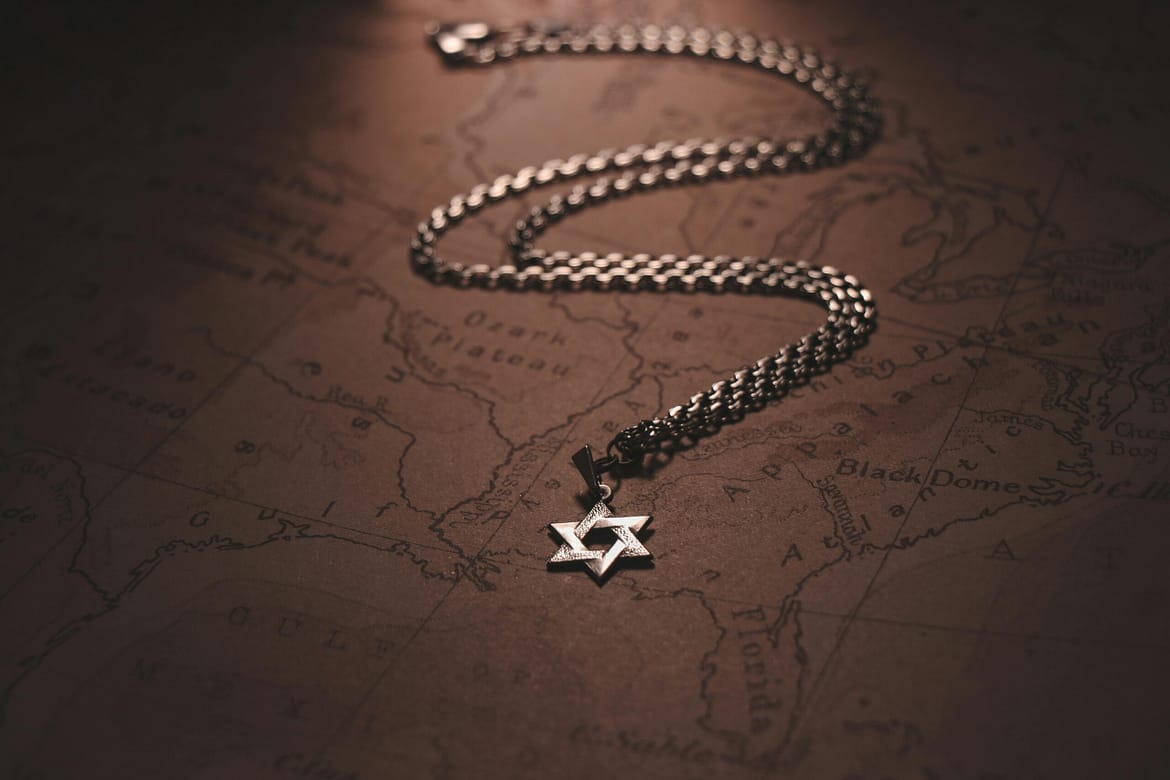vaccines
i’ve been asked several times lately why so many people are against vaccination when they’re so clearly beneficial to our health and the answer is both surprisingly simple and painfully complex. it’s easy to say the fault lies with the christian right and in many ways it does, a group… Read More »vaccines





